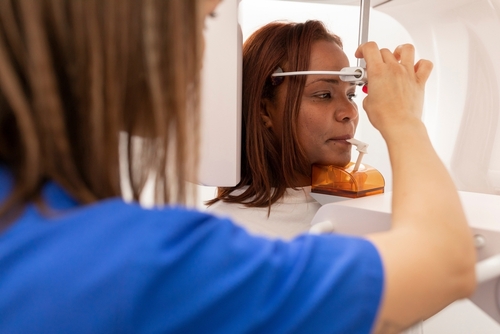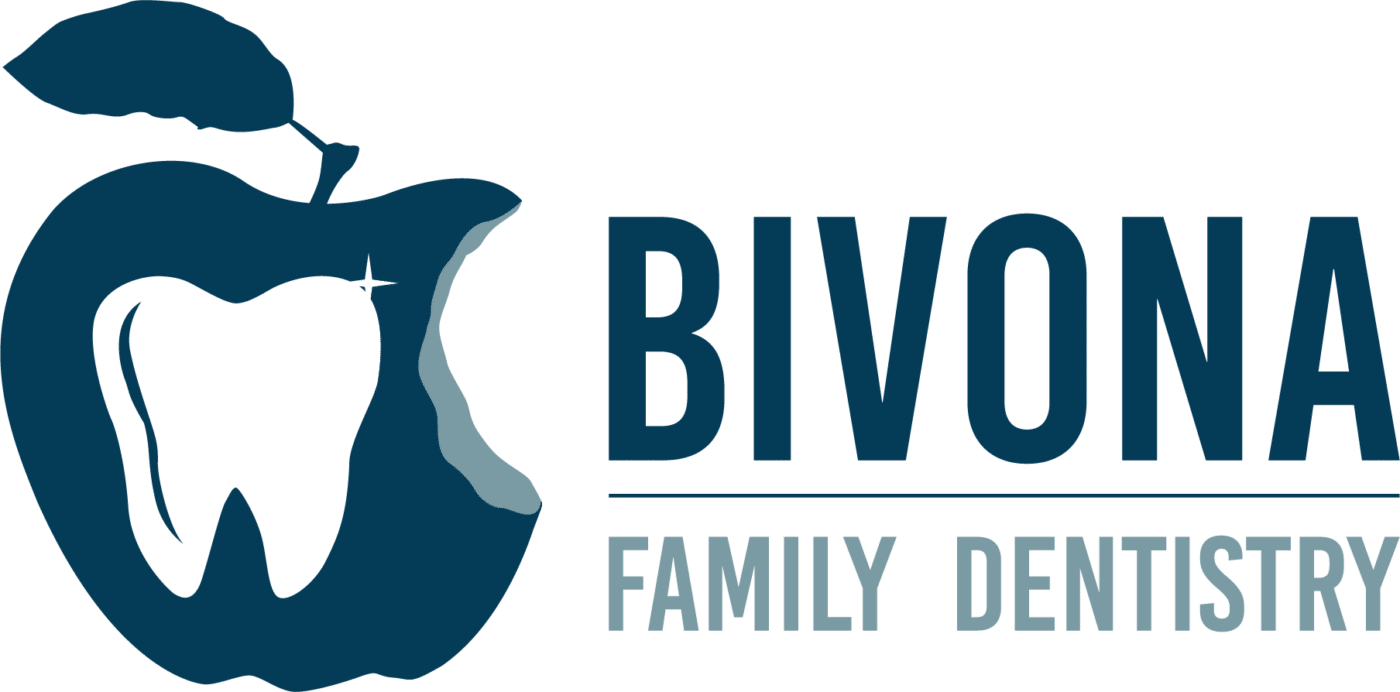Innovations in technology have skyrocketed over the past century, leading to countless technological marvels. From the Magnetic Resonance Imaging (MRI) machine to the smartphone, we’ve come a long way since the days of making fire with sticks and stones. The dental industry is no different, experiencing new and exciting developments every day! One such innovation is the Cone Beam Computed Tomography (CBCT) machine. This advanced X-ray machine allows us to take a detailed, 3D image of your smile. However, new technology often leaves patients wondering why it’s necessary, as we used to use 2D X-rays without trouble. So what really is a CBCT machine, and how do we use it?
Understanding Dental Implants
To understand a CBCT, we first have to understand dental implants.
Dental implants are titanium screws that we place in your jawbone to stabilize artificial restorations, such as crowns, bridges, and dentures.
Due to their titanium design, these implants secure in your bone, creating an incredibly stable foundation for your replacement teeth. However, they require ample jawbone structure to stabilize.
Unfortunately, it’s very common to lack the necessary bone health and density to support dental implants, as tooth loss is a direct cause of jawbone loss!
Natural teeth have roots that embed in your jaw, stimulating the bone every time you chew or bite. Then, when you lose teeth, you lose that vital stimulation! Lost teeth result in bone resorption, or the gradual loss of bone mass and density that affects your ability to secure implants.
Therefore, to place dental implants, we need to have a deep and thorough understanding of the health and quantity of your jawbone. Fortunately, a CBCT machine can help with that!
What Is a CBCT Machine?
 CBCT stands for cone beam computed tomography. This machine uses a cone-shaped X-ray beam to scan the entirety of your jaw, carefully spinning around your head to capture various images. Then, combining these images, the machine creates a 3D digital rendering of your jawbone!
CBCT stands for cone beam computed tomography. This machine uses a cone-shaped X-ray beam to scan the entirety of your jaw, carefully spinning around your head to capture various images. Then, combining these images, the machine creates a 3D digital rendering of your jawbone!
With this model, we’re able to move and manipulate the image of your jaw, assessing both the quality and quantity of your bone. Additionally, we can identify any anatomical barriers to your implant placement, such as sinuses or impacted teeth.
If your jaw is too deteriorated to support implants, we’ll use a bone grafting treatment to rebuild the lost bone material. However, if your sinuses are in the way, we’ll have to use a sinus lift.
A sinus lift treatment involves gently moving your sinus membrane upward and filling the newly empty space with bone grafting material. After a few months of healing, your jawbone will be secure enough to support dental implants.
CBCT machines gather an incredibly detailed image of your smile, allowing us to view your jaw with incredible clarity. This helps improve not only implant placement planning, but also our understanding of your jaw and other soft tissues.
Answering CBCT FAQs
- What is the benefit of a CBCT?
Unlike 2D X-rays, a CBCT scan allows us to assess your jaw at all angles. This enhances our accuracy in both diagnosis and treatment, as well as implant placement.
Additionally, a CBCT scan uses less radiation than a traditional X-ray and requires fewer scans.
- How long does the scan take?
A CBCT scan takes about 30 seconds, as it quickly moves around your head in a circle. We’ll ask you to remove any metal or jewelry that may interfere with the machine’s operation, and to stay completely still. You’ll simply rest your chin on a small platform within the machine, then move when we tell you to.
- Is it safe?
Yes, a CBCT machine is completely safe when used correctly.
Not only does it release less radiation than traditional X-rays, but we also ensure that you’re equipped with a protective layer before using the CBCT machine.
Always ensure that you follow our instructions, as only a medical professional should operate the machine.
Restore Your Smile in Jasper, AL, at Bivona Family Dental
When it comes to placing dental implants, a CBCT is an incredibly useful tool that has become vital to the preparation process. Using this machine, we’re able to assess your bone quality and quantity, improving the outcome of your implant placement.
Book a free implant consultation today to see the CBCT in action at Bivona Family Dental in Jasper, AL!
Connect with us on Instagram and Facebook to learn more about the implant placement process.
